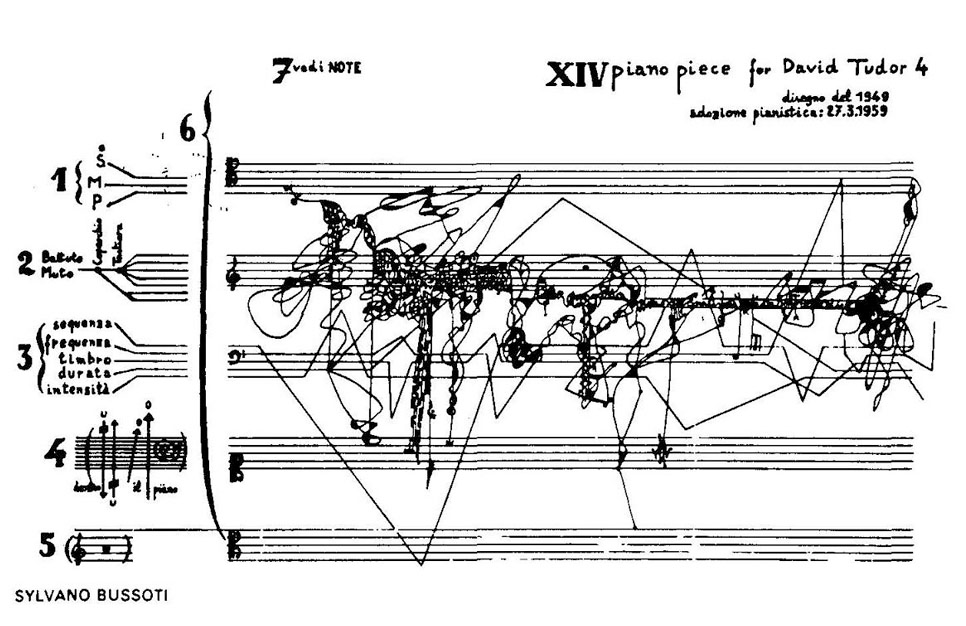
It will not be a surprise to anyone who has attempted to read it, but Gilles Deleuze and Félix Guattari’s ‘Capitalism and Schizophrenia’ duology is a labyrinthine experience (to put it mildly). I have picked it up again recently after several years, and despite being wiser and grumpier in my old age, it doesn’t make for any easier reading on a technical level (I find reading it over a pint helps). But it is really a testament to the power of the text that once you are able to ascertain some of the more esoteric meanings, they are even more illuminating of today’s nefarious capitalist discourse than it has ever been. I briefly want to outline how I see it working for, against and with the current ills of the capitalocene.
Within the text, capitalism emerges not merely as a pervasive economic system (as it does within Marx’s writings), but as a complex machine of pure desire. Capitalism, they are at pains to point out, is a deliberate construct that ceaselessly produces individual desires along with the mechanisms for their apparent satisfaction. “You need a car to get work now, here’s a car!” “Thirsty? Have this sugary drink!” “You need this dress because if you don’t people won’t want to date you!” “You want to make a political statement against capitalism? Buy this t-shirt!” etc.
Desire
Deleuze and Guattari coin the term ‘schizoanalysis’ to meld the psychoanalytic and economic narratives they are scrutinizing, and show how “desire can be made to desire its own repression”. (Anti-Oedipus, 346). However, they do not discard desire, far from it, instead they reclaim it from the Freudian forms of Oedipal thinking – they are very much ‘Anti-Oedipus’. And to me, in my most recent reading anyway (no doubt it’ll change if I ever pluck up the courage to read it again) Deleuze and Guattari’s philosophy pivots around this radical rethinking of desire. Contrary to the traditional psychoanalytic tradition of Freud (to whom their ire knows no bounds it seems) that positions desire as stemming from lacking a primal object (i.e. a commodity), they posit that desire is intrinsically creative and affirmative. It does not dream of returning to a mythical past state of completeness but pushes forward, inventing new flows, connections, and productions. Hence they challenge the orthodox psychoanalytic views of desire and instead present it as a positive, productive force that is intertwined with the socio-economic fabric of capitalism. They call it ‘desire-production’, and it is a force and/or energy that creates worlds and realities, rather than a lack that only the market can satisfy.
She’s the dollars
She’s my protection
Yeah, she’s a promise
In the year of election
Oh sister, I can’t let you go
Like a preacher stealin’ hearts at a travellin’ show
For love or money, money, money
Money, money, money, money, money
Money, money, moneyAnd the fever, gettin’ higher
Desire
(Lyrics to ‘Desire’ by U2 in 1988)
But capitalism is cunning. They argue that it can harness this fluidity and multiplicity of desire, channelling it into the circuits of production and exchange. The capitalist system is depicted as a colossal ‘desiring machine’ that not only exploits existing desires but continuously manufactures new ones. It entices and enchants, weaving a tapestry of needs and wants that it simultaneously promises to fulfil, but never quite does enough hence always producing more lack, more desire.

It might a pithy example (but one that irks me overwhelmingly) but if you’ve ever had salespeople try to be really chummy to you in a vain attempt to maintain a facade of “non-salesmanship”, then you’ll understand. This act of emotional labour is the co-option of community kinship practices that would otherwise foster communality & solidarity, being used to hawk useless crap.
Hence, for Deleuze and Guattari, the enigma at the heart of capitalism’s relationship with desire lies in its dual capacity for liberation and exploitation. On one hand, capitalism breaks down traditional hierarchies and codifications (and hence is extremely post-modern in the pure Jameson vibe), liberating desires from the restrictive precepts of feudal, religious, or familial structures. It promotes a social world where desires can proliferate in diverse and unpredictable ways. However, this emancipation is double-edged. While desires are set free from ‘traditions’, they are also co-opted by the modernity of the capitalist machinery, which then directs these desires towards its own ends: nefarious forms of profit-generation, worker exploitation and mass accumulation.
Deleuze and Guattari have another language for this process when they say that capitalism deterritorializes traditional structures only to reterritorialize them within its own regime. This former (de-) process involves the stripping away of prior meanings and attachments (political, ethical or moral) and the latter (re-) channels these liberated desires in a manner that serves the capitalist system. We see this all around us, not just with overly chummy salespeople. Think about your own desire for community and kinship at the local level: it might be deterritorialized from its traditional local, place-based (city or village) context and reterritorialized through online social networks and its related advertising and shopping algorithms, thereby turning community social bonds into mere commodities. And have you ever watched a film that has an inherently subversive or revolutionary message? Congratulations, you’ve just had your anti-capitalism performed for you by capitalism for price of a cinema ticket and a box of popcorn.
Schizophrenia
But where Deleuze and Guattari are at their most evocative is when they rest on the psychology of schizophrenia as a potential panacea to the de/re-territorialising nature of capitalism. They suggest that capitalism induces a similar process of deterritorialization and reterritorialization in individual psyches; it recodes humans as consuming machines that can be inputted with a desire (lack/deterritorialised) and then offered a solution to that lack (commodity/reterritorialized). Furthermore, it splits traditional socialised identities and multiplies desires to the extent that the individual subject can mirror the schizophrenic, constantly navigating a flux of intensities without a stable grounding. Because capitalism is amorphous and can adapt to any setting (think McDonalds in every country in the world), it has no individuation, no ego, no centre. Yet, unlike someone suffering from schizophrenia, capitalism has limits to its de/reterritorialization machinic practices; it cannot continue to feed our desires in this way lest we actually do become schizophrenic and lose the ability to become compliant and productive workers from which surplus value can be extracted. In short, capitalism requires the state apparatus (i.e. bureaucracy, legality, family, religion – what Marx would call the superstructure) in order to maintain itself. The issue of course is what we are seeing now: the continual maintenance of capitalism within finite resources leads to extreme inequality, fascism and planetary ecocide.

And so herein lies the rub. For Deleuze and Guattari, the schizophrenic person is the ultimate anti-capitalist because they cannot be reterritorialized in this way, or any way: they continually deterritorialise reality. Indeed, as they state with a rather old-fashion gender bias and language (page 35 of Anti-Oedipus):
“As for the schizo, continually wandering about, migrating here, there, and everywhere as best he can, he plunges further and further into the realm of deterritorialization, reaching the furthest limits of the decomposition… The schizophrenic deliberately seeks out the very limit of capitalism: he is its inherent tendency brought to fulfilment, its surplus product, its proletariat, and its exterminating angel.”
So are we all to become schizophrenic to exterminate capitalism? I certainly hope not. But this is not what they are arguing. Without dismissing the intricacies of their own writings, it is perhaps Focuault’s introduction to the English translation that puts it best:
“The first task of the revolutionary… is to learn from the psychotic how to shake off the Oedipal yoke and the effects of power, in order to initiate a radical politics of desire freed from all beliefs.”
Hence true revolutionary praxis is one that is constantly deterritorialising and resisting any attempts (from within and without) to reterritorialize in ways that reproduce the deleterious effects of hegemonic power. This is of course at odds with a more traditional Marxist view of resistance that would see the proletariat amass their armies – hierarchically or otherwise – and storm the castle: Deleuze and Guattari would instead see the castle burn to the ground and the armies scatter to dust. But that’s just my reading…
By means of a prologue, I am not advocating either position (if indeed they can be viewed as such); that is for revolutionaries to decide. But suffice to say Deleuze and Guattari’s magnus opus continues to inform, evoke, and conjure up important anti-capitalist imaginaries that whether you’re schizophrenic or not – are important to the current conditions of the world.
Leave a comment